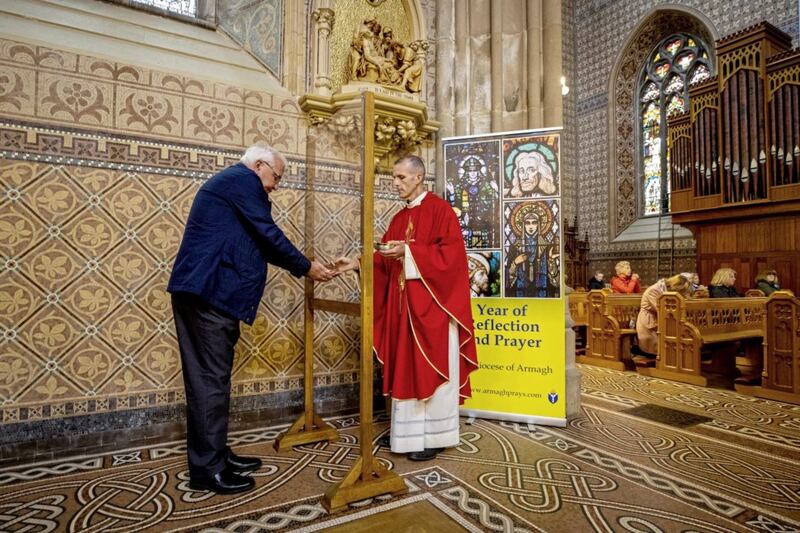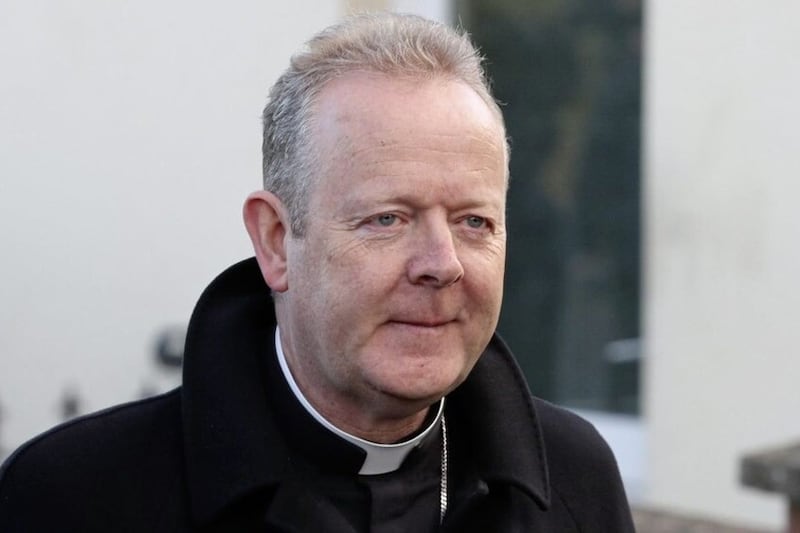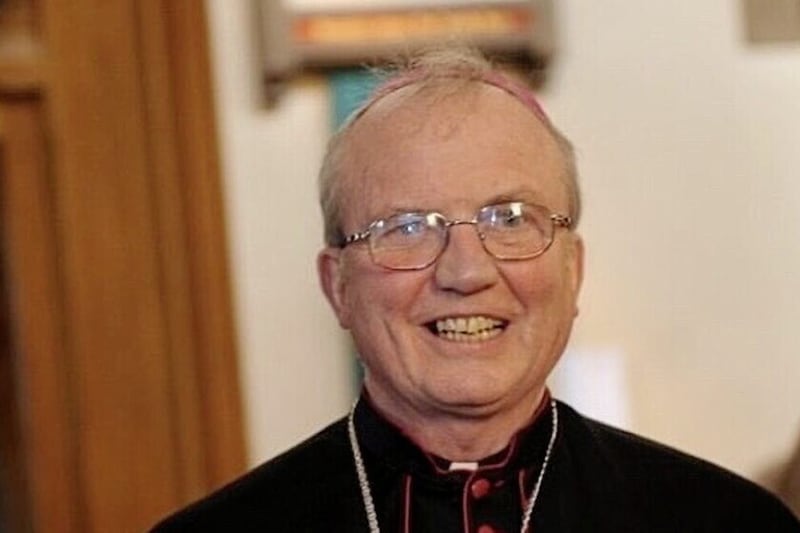THE Parable of the Sower is found at the start of chapter 13 of St Matthew's Gospel. Parables were a characteristic style of Jesus' teaching.
They are simple stories based on everyday life that open up the mystery of God's work. They engage the listener to take responsibility for interpreting the story.
This chapter of parables appears in Matthew's Gospel after Jesus has begun to experience rejection by some of his audience.
He explains to his loyal followers how they can make sense of this lack of acceptance happening before their eyes. What might we learn from this?
Firstly, everything that Jesus teaches is packed with hope. Whatever the reality of rejection by some, other seed will produce a great harvest. The sower's work is not wasted. Jesus is never a pessimist.
The Church is challenged to ensure that we are proclaiming a hope-filled message, even in the midst of the present situation. And that message of hope is needed.
We have largish groups in society and church who have a narrative about the 'fear agenda' being promoted by the establishment to fool and control people. But that message seems to me to be just another fear agenda.
It tells us to be afraid of the agenda of those who are telling us that we ought to be afraid of the virus.
I know that there are forces which will seek to exploit the current pandemic in ways that suit their agendas and powerbases.
For some people, every crisis is an opportunity, not for generosity or idealism but for greed and yet more power.
But Jesus' message is never based on stoking the flames of fear. He will point out uncomfortable truths - but he always offers a way through and a way forward.
People of faith are asked to keep sowing seeds of hope, not announcing a harvest of despair. But Jesus always proclaims that goodness is stronger than sin and he calls on ordinary people to work with divine grace so that we can confront the devilish forces that seem to threaten hope.
As one author says, Jesus does not man the defences against the demonic and fear of the devils. Rather he routs the demons.
This parable is challenge to people of faith to examine the narrative that we have about where God is at work in our midst. Salvation will come from Jesus' agenda, never from believing a self-serving them-and-us rallying cry.
I know that there are forces which will seek to exploit the current pandemic in ways that suit their agendas and powerbases
Secondly, parables appeal to our imagination. We are invited to picture scenes or people. In Romans 8, St Paul portrays history as a great drama of a new world being brought to birth. That is why the arts and faith have always been intimately linked.
Beauty has a language of its own that wants us to soar. It is a sad society when art seems to give priority to the disjointed and discordant.
The one-dimensional consumerist and technocratic world presents very narrow unimaginative dreams which it promises to fulfil - for payment.
But Jesus has other plans. He calls it the Kingdom of God where God's vision for us will be realised on earth as it is in heaven. And many of the best scientists are not working against this but rather help us marvel at the world.
Albert Einstein is quoted as saying: "Imagination is more important than knowledge. For knowledge is limited to all we now know and understand but imagination embraces the entire world, and all that there ever will be to know and understand."
The hope that Jesus proclaims pushes us to imagine better ways of running our society. Jesus always calls us to believe that our relationships with ourselves and with others will be blessed by heroism and generosity not merely by sanctifying the right of the strong to choose, obliging us to see the world through their eyes.
Thirdly, this is a time for Church to proclaim seeds of hope and not promote a counsel of despair about the future of the Church.
I have heard the argument that we ought not to be doing too much for parishioners now because they will have to get used to parishes offering less in the future.
That narrative will find little support in the parables of sowing and growing. Our job in parishes is to do everything we can here and now for the people who need to hear good news - and leave it to God to worry about the future of the Church.
Our job in parishes is to do everything we can here and now for the people who need to hear good news - and leave it to God to worry about the future of the Church
This parable is a call to recognise that there is hard and rocky ground where little can grow, and to accept that thorns will choke some good growth. But there is also good soil which will bear a rich harvest.
Our job is to be sowers of good seed. As St Paul writes elsewhere, one sows, and another waters but it is God who gives the growth.
Our parishes are at the service of God's kingdom, not of our comfort. Parishes are there to prioritise God's imagination over our fears and lack of imagination.
Thus, I congratulate our parishes on reaching out to and gathering parishioners as soon as at all possible.
We will make mistakes and have to learn lessons. And we must be sure that we do not endanger anyone.
But Jesus would rather that we were remembered for being too zealous than for being too frightened.
We trust in the Lord of the Harvest. If we follow his agenda, we have nothing to fear.









